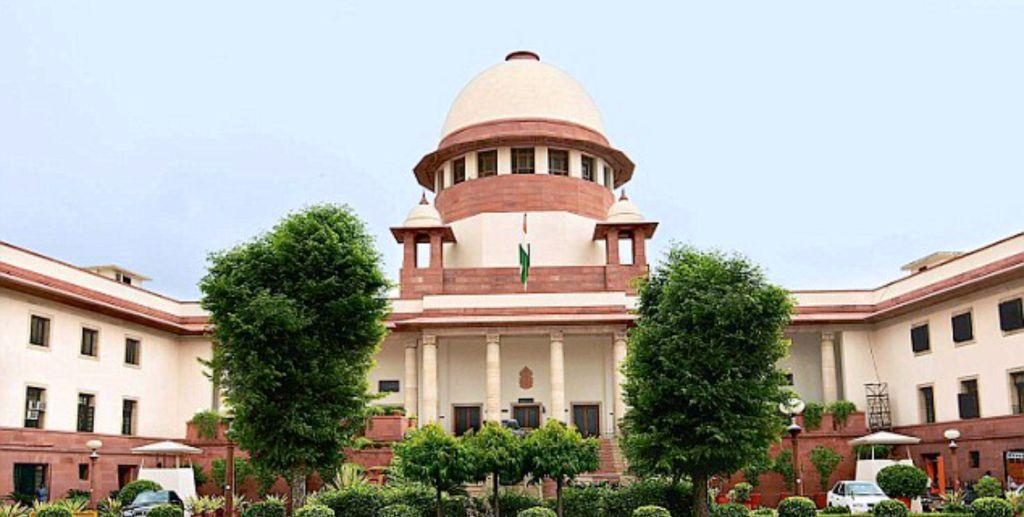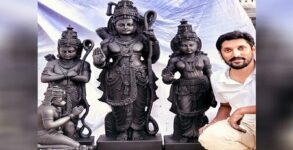As many as 15 judges of the Supreme Court will enjoy no summer vacation this year. These judges are bound to sit through cases and hearings, to deal with three cases of Constitutional importance. This also includes deciding the constitutional legitimacy of triple talaq and polygamy under Muslim personal laws.
CJ of India J S Khehar said on Thursday that he has approved three separate Constitution Benches during the vacation to examine issues, which if not heard now, “will not be decided for years together.”
Apart from triple talaq and polygamy, CJI said that the bench of judges will also spend a part of their vacation hearing cases such as right to privacy for WhatsApp and Facebook users in India and also citizenship of immigrant’s children.
“These are very, very important matters. If we don’t do it like this (by hearing them in separate Constitution Benches), they will not be decided for years and years together. Then you (lawyers) don’t blame us that it did not happen…or that there are so much arrears,” remarked Justice Khehar.
Justice Khehar said that it has been decided that a Constitution Bench should hear the batch of cases of triple talaq, starting May 11 — the top court goes on leave for the summer vacation from this date. He added that the issues could be framed over May 11-12 hearing, and then the arguments could commence the next week.
Attorney General Mukul Rohatgi in response said, “These are all very important matters as far as I am concerned and I am appearing in all three. How will I attend all of them at the same time? Working in the vacation has been a bilateral issue and the tradition of this court has been to fix the matters after taking into account the convenience of the lawyers. It cannot be a compulsion.”


















